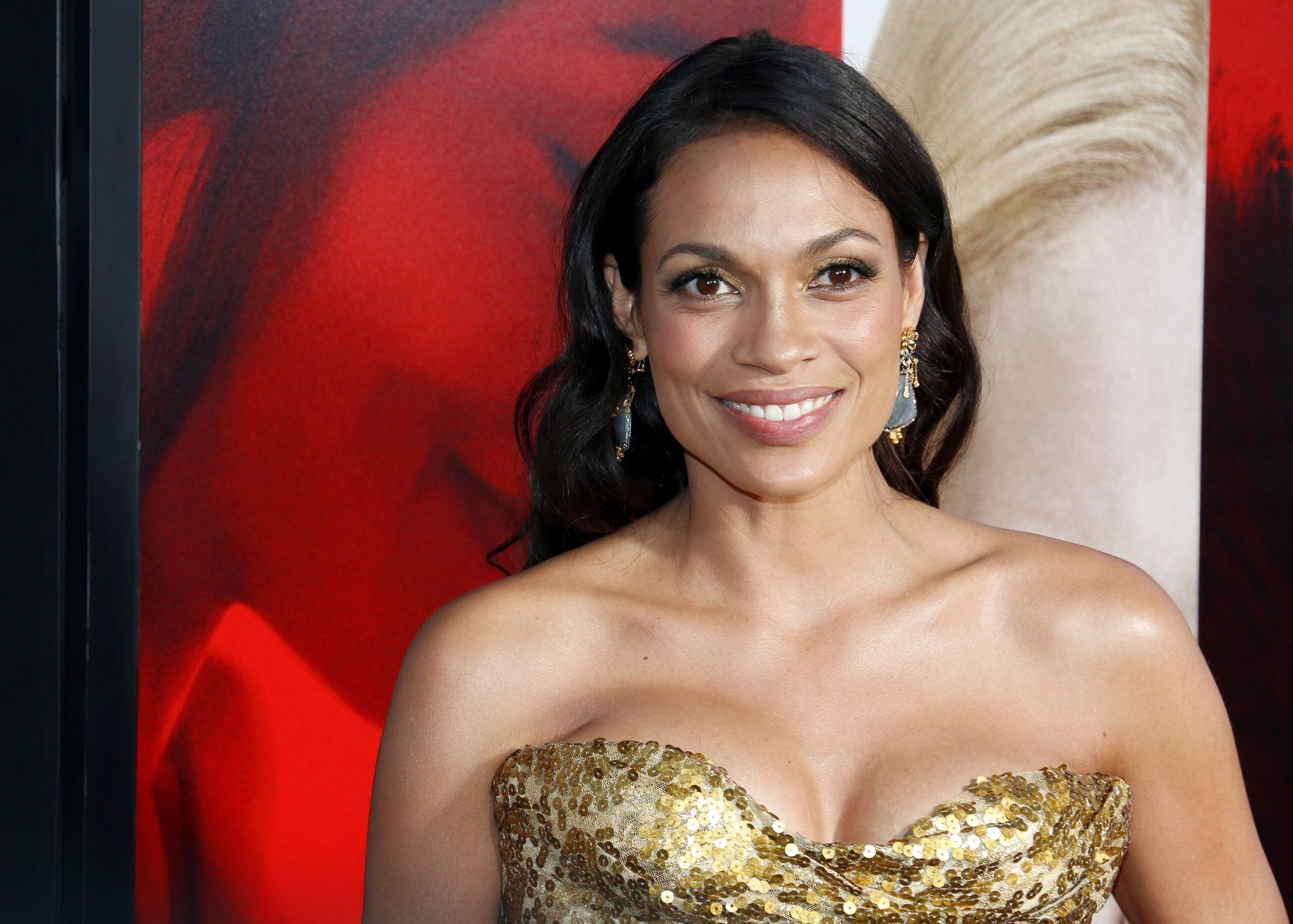How is it that celebrities and influencers just happen to look camera-ready at all times? I always find myself mindlessly scrolling through Instagram, admiring these perfect looking women in their perfectly edited photos. When I decide to take a selfie, a lot of pre-planning goes into it – my makeup, my outfit, the lighting, the […]

